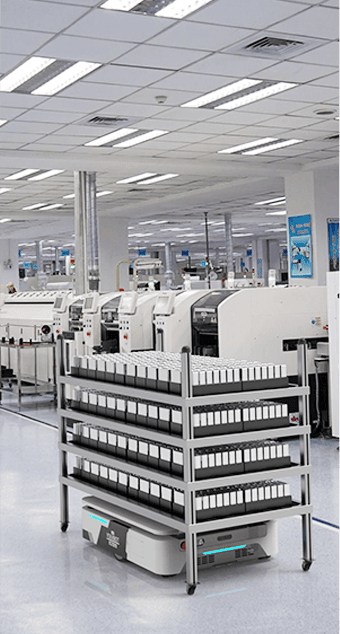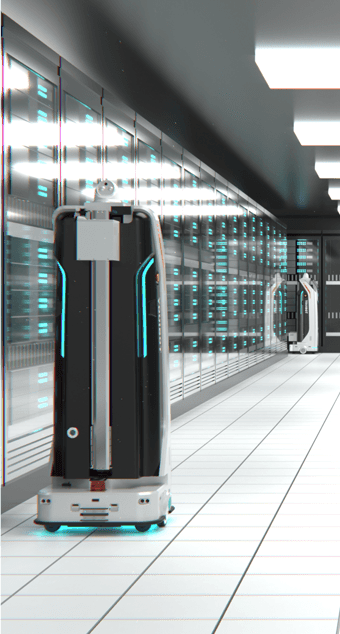
The emergence of autonomous mobile robots has revolutionized various industries, offering unprecedented opportunities for automation and efficiency. These advanced robotic systems are capable of performing tasks independently, without human intervention, making them an integral part of the tech industry’s future.
The Rise of Autonomous Mobile Robots
Autonomous mobile robots have gained significant traction in recent years due to their ability to navigate complex environments and perform a wide range of tasks. From warehouses and factories to hospitals and retail stores, these robots are transforming traditional workflows by streamlining operations and reducing costs.
These robots utilize cutting-edge technologies such as artificial intelligence (AI), machine learning (ML), computer vision, and sensor fusion to perceive their surroundings accurately. With sophisticated algorithms guiding their movements, they can avoid obstacles, adapt to dynamic environments, and optimize routes efficiently.
Youibot: Pioneering Innovation in Autonomous Robotics
Youibot is one prominent player at the forefront of developing autonomous mobile robot solutions. Their expertise lies in creating intelligent robotic platforms that cater to diverse industrial needs. By integrating state-of-the-art hardware with powerful software capabilities, Youibot offers customizable solutions that enhance productivity across sectors.
With a focus on safety and reliability, Youibot’s autonomous mobile robots undergo rigorous testing procedures before deployment. Equipped with advanced sensors and perception systems, these robots ensure seamless navigation while maintaining high levels of accuracy during task execution.
The Versatility of Mobile Robots

In addition to autonomy features, mobile robots offer versatility in terms of functionality. They can be equipped with different attachments or tools depending on specific requirements within various industries. For instance, some may be designed for material handling tasks in warehouses or logistics centers while others may specialize in healthcare settings for patient assistance or medication delivery.
Mobile robots are also capable of collaborating with human workers, augmenting their capabilities and improving overall efficiency. By automating repetitive and physically demanding tasks, these robots free up human resources to focus on more complex and value-added activities.
Conclusion
The advent of autonomous mobile robots has revolutionized the tech industry by introducing automation at an unprecedented level. With their ability to navigate autonomously, perform diverse tasks, and collaborate with humans seamlessly, these robots have become indispensable in various sectors. As technology continues to advance rapidly, we can expect further innovations in this field that will shape the future of industries worldwide.

